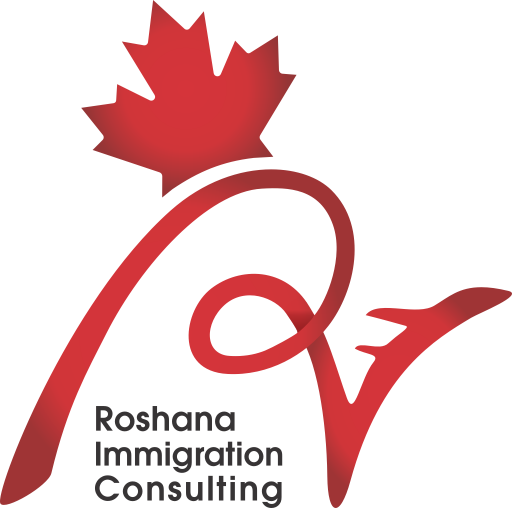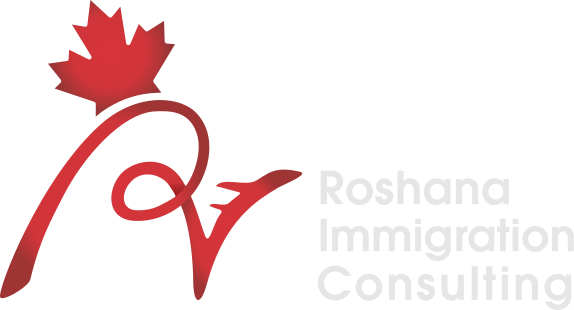Work Permit
Most foreign nationals need a work permit to work in Canada. Work Permit is not a visa itself. It is an authorization to work in Canada.
There are 2 types of work permits.
1- Employer-Specific Work permit
This permit lets you work in Canada according to the conditions on your work permit. The conditions include
- the name of the specific employer you can work for
- how long you can work
- the location where you can work (if applicable)
This work permit may require a positive Labour Market Impact Assessment (LMIA) or can be LMIA-exempt.
2- Open Work Permit
An open work permit lets you work for any eligible employer in Canada.
You cannot work for an employer that
- is listed as ineligible on the list of employers who have failed to comply with the conditions, or
- regularly offers striptease, erotic dance, escort services or erotic massages
There are multiple categories under each employer-specific work permits and open work permits. Out of which we want to address a few.
Post-Graduation Work Permit (PGWP)
The Post-Graduation Work Permit (PGWP) is an open work permit that allows international students who have graduated from eligible Canadian post-secondary institutions to gain work experience in Canada.
The Post-Graduation Work Permit (PGWP) not only allows international graduates to gain valuable Canadian work experience, but it can also be a key step toward obtaining permanent residence. One of the most common pathways is through the Canadian Experience Class (CEC) under the Express Entry system, which rewards candidates with Canadian work experience.
In addition, your work experience in Canada can make you eligible for various Provincial Nominee Programs (PNPs). Many provinces offer dedicated streams for individuals with local work experience or award additional points under their nomination criteria—giving your application a competitive edge.
To make the most of your PGWP and fast-track your journey to permanent residence, it’s essential to explore and choose the right PNP based on your occupation, experience, and long-term settlement goals. Selecting a province with immigration streams aligned to your profile can significantly improve your chances of becoming a permanent resident sooner.
How Long Is a PGWP Valid?
The length of your PGWP depends on:
- The duration of your study program
- The level of your credential
- Your passport’s expiry date (whichever comes first)
PGWP Eligibility Requirements
To qualify for a PGWP, you must:
- Complete a program at a PGWP-eligible designated learning institution (DLI) that is at least 8 months long (or 900 hours in Quebec)
- Maintain full-time student status in each semester (exceptions apply for your final semester)
- Apply for your PGWP within 180 days of receiving confirmation of program completion
- Hold a valid study permit at some point within the 180 days before applying
Additional Eligibility Based on Program Type
1- Graduates of Bachelor’s, Master’s, or Doctoral Programs
- Language requirement (starting November 1, 2024):
- CLB 7 in English or NCLC 7 in French in all four language areas
- Field of study:
- No restrictions
If your PGWP application was submitted before November 1, 2024, the language requirement does not apply.
2- Graduates of Other University Programs
- Language requirement (starting November 1, 2024):
- CLB 7 in English or NCLC 7 in French
- Field of study requirement (for applications submitted on or after November 1, 2024):
- Must be in an eligible field related to occupations in long-term shortage
3- Graduates of Colleges, Polytechnics, or Non-University Programs
- Language requirement (starting November 1, 2024):
- CLB 5 in English or NCLC 5 in French
- Field of study requirement (for applications submitted on or after November 1, 2024):
- Must be in an eligible field linked to high-demand occupations
4- Graduates of Flight Schools
You may be eligible for a PGWP if you:
- Completed a flight training program at a PGWP-eligible DLI and:
- Hold a Canadian commercial pilot’s license or
- Have an instructor’s rating and a job offer as a flight instructor from a DLI flight school
No language or field of study requirements apply to eligible flight school graduates.
5- Eligible Fields of Study (Effective November 1, 2024)
If your program has field of study requirements, it must be in one of the following sectors:
- Agriculture and Agri-food
- Education
- Health Care
- Science, Technology, Engineering, and Mathematics (STEM)
- Skilled Trades
- Transport



